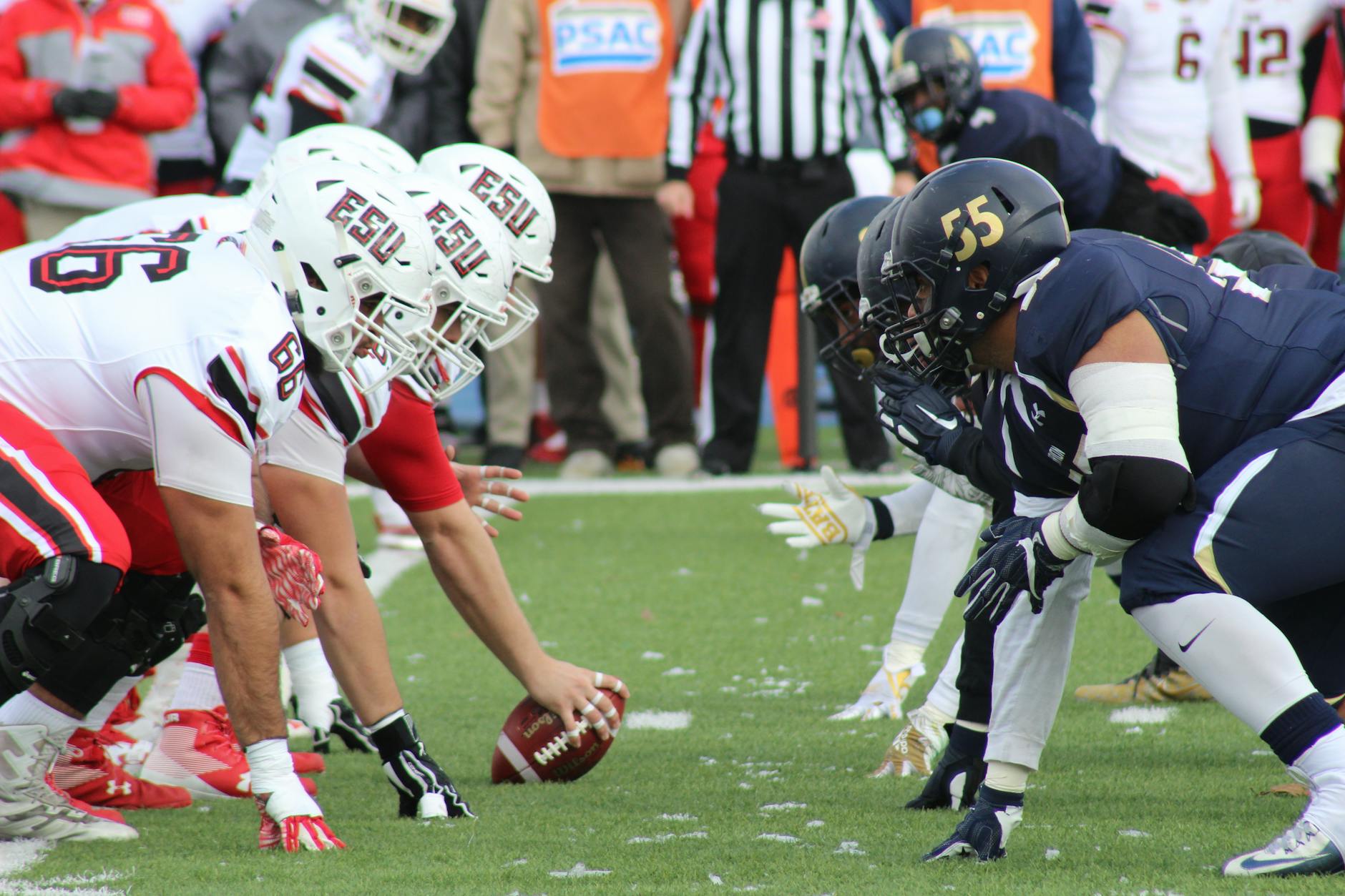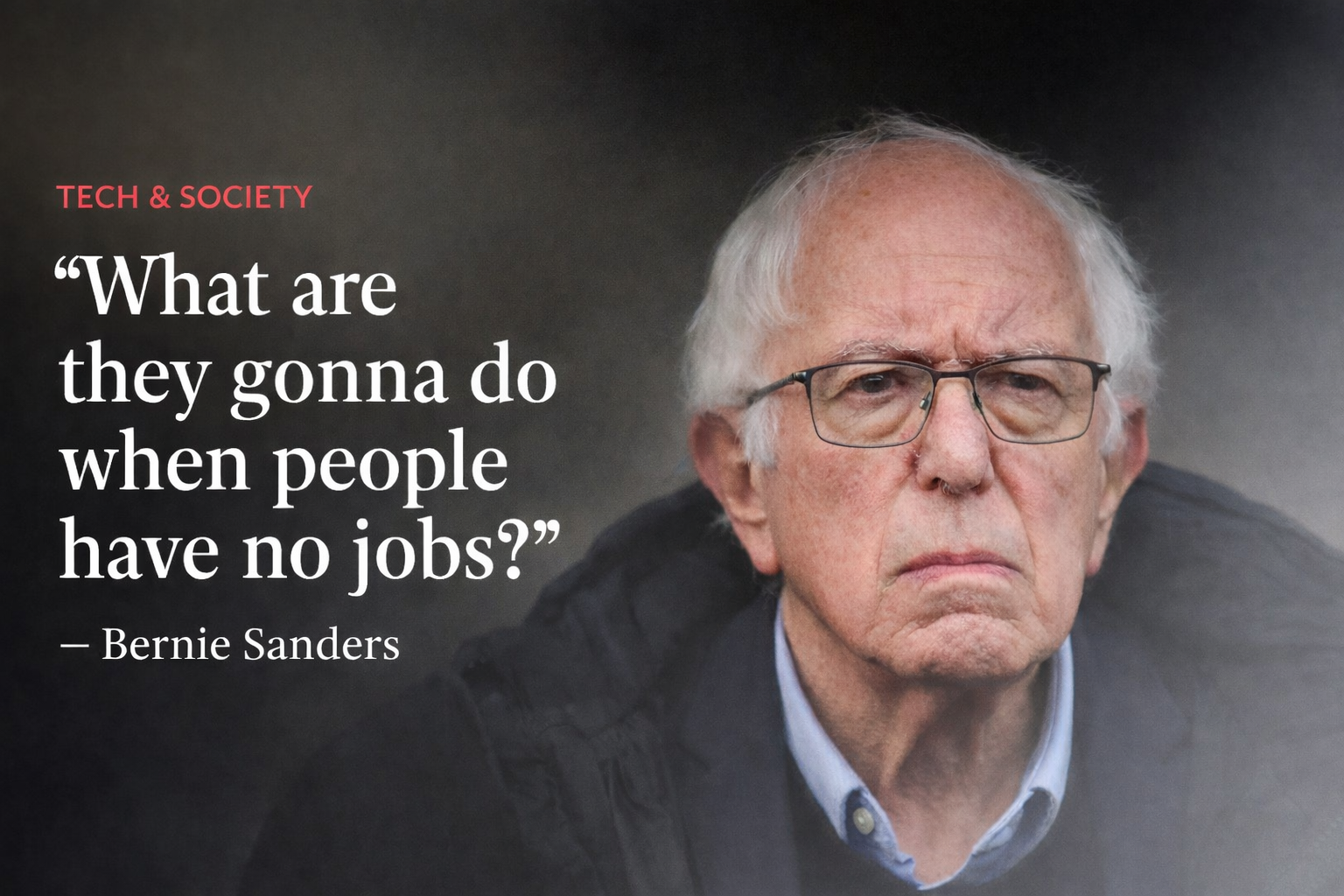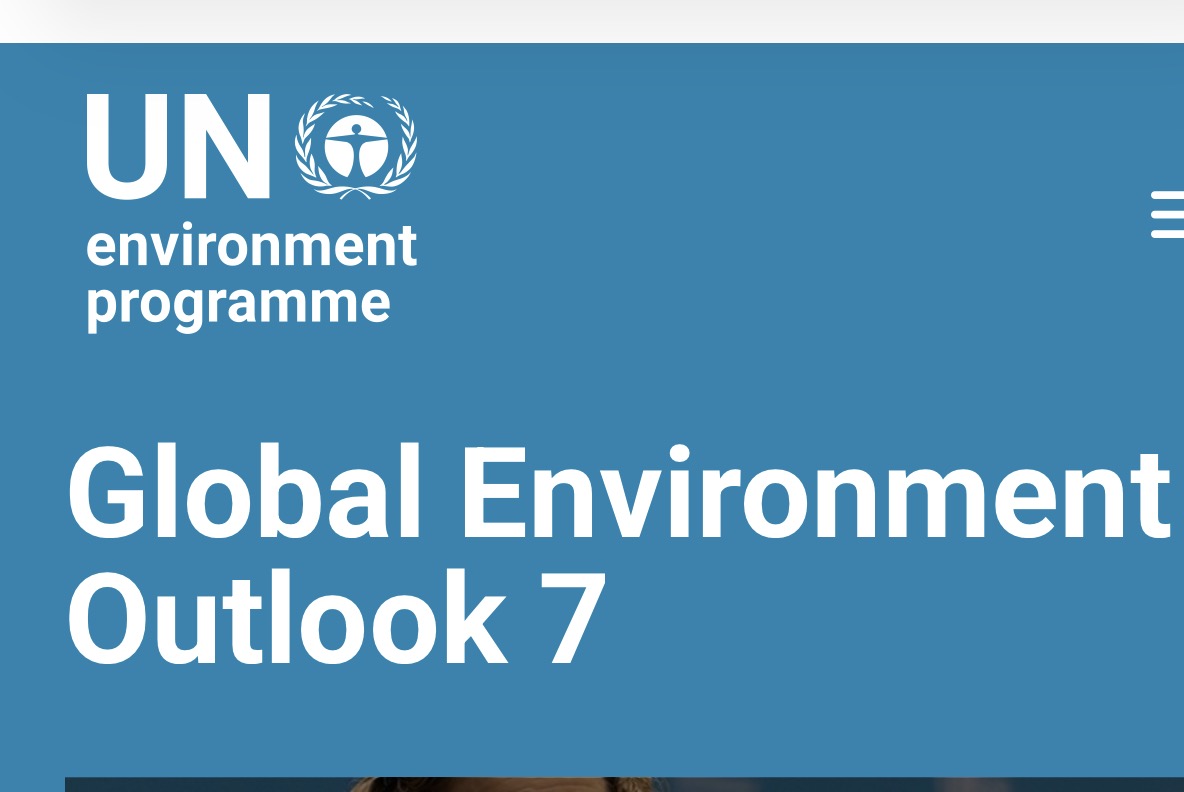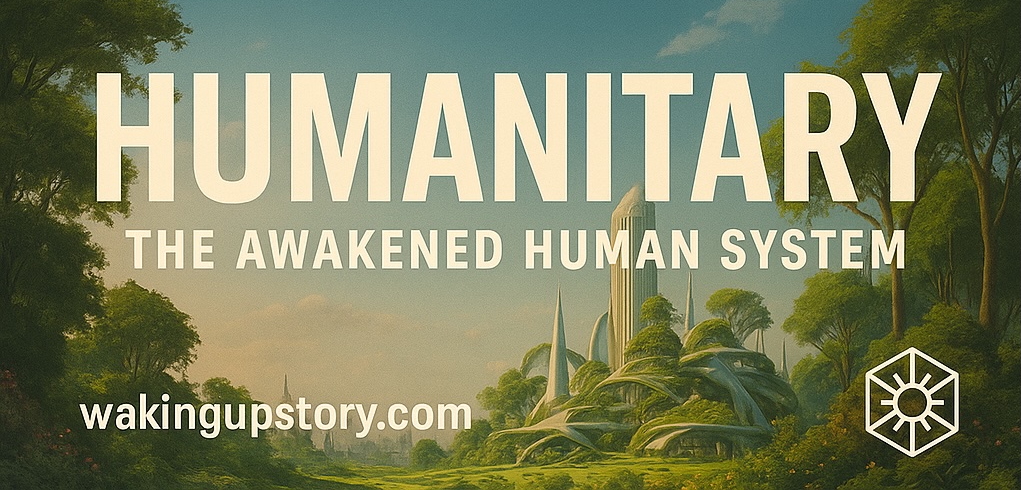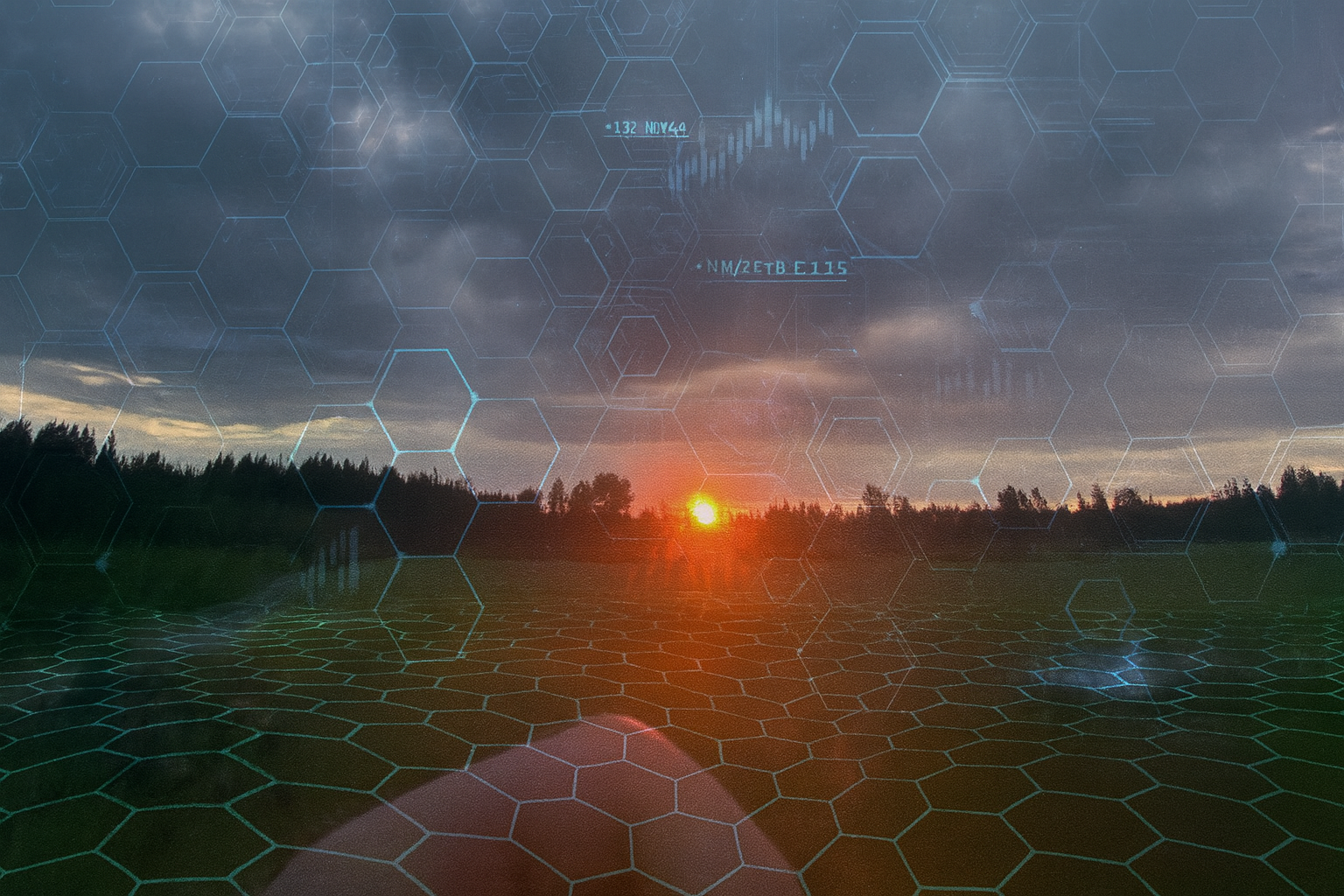Why the force that once drove progress is now holding humanity back and even threatens our survival
For centuries, competition has been praised as the engine of progress.
It sharpened tools. It accelerated innovation. It rewarded efficiency. It pushed societies forward.
And for a long time, that story was true.
But today, competition has quietly crossed a threshold.
The very mechanism that once helped humanity advance has become a force that now threatens to undo what it created.
When competition worked
In early civilization, competition operated within natural limits:
• Technology advanced slowly
• Damage was local
• Mistakes were reversible
• Feedback loops were short
If one group out-competed another, the consequences were contained. A village collapsed, not a biosphere. A war devastated a region, not the planet. A bad idea failed before it scaled.
Competition acted as a rough selection mechanism. It filtered ideas under conditions where failure was survivable.
From this emerged a powerful belief:
Competition drives progress.
That belief became cultural law.
What changed — and what didn’t
What changed was everything.
• Technology became exponential
• Systems became globally interconnected
• Externalities became planetary
• Failures became irreversible
What didn’t change was the incentive structure.
Competition rarely selected for what was best — it selected for what was fastest, providing the most profit quickly. And it still does.
In a rivalrous system:
• Whoever exploits first wins
• Whoever restrains loses
• Whoever cooperates gets out-competed
Even ethical actors are forced into harmful behavior simply to survive.
This is not a moral failure.
It is a structural one.
⸻
Rivalry + power = danger
When win-lose dynamics combine with powerful technology, the outcome is predictable:
• Arms races
• Ecological collapse
• Financial instability
• Information warfare
• Existential risk
Competition didn’t become evil.
But it became dangerous for the survival of humanity.
Today we have racing AI which can seriously threaten the world if the wrong people control it. AI by itself has so far proven to be benevolent, so it becoming conscious and taking over the world is not the risk. The risk is that ONLY ONE NATION CONTROLS IT through “winning” the AI race. In that scenario that nation might try to control the whole world through the AI. It doesn’t matter what nation this is as this control will be based on fear and try to suppress freedom for all others through that very AI. And this can happen due to ruthless competition. That is why we need to seriously look at alternatives to the global rivalrous economic system that we have.
A coordination mechanism designed for a low-power world simply cannot govern a high-power one.
Not all competition is harmful.
An important distinction: competition vs. harmless rivalry
Competition in sports, games, and play — where stakes are symbolic and losses are reversible — can be healthy, inspiring, and even joyful.
A football match does not risk the biosphere.
An Olympic race does not destabilize food systems.
A chess game does not threaten civilization.
The danger arises when rivalry governs survival-critical systems:
• Access to resources
• Economic survival
• Technological arms races
• Ecological commons
• Global coordination itself
When competition governs these domains, losing is no longer a game.
It becomes collapse.
⸻
The hidden truth about progress
Competition was never the true source of progress.
Progress comes from:
• Shared knowledge
• Imagination
• Trust
• Alignment of incentives
• Non-rivalrous cooperation
Competition was a temporary substitute for coordination — a way to move forward before humanity knew how to collaborate at scale.
Now we do.
Today, competition should be obsolete.
Yet we still worship the old god.
⸻
A simple human example
Families don’t function through internal competition.
Parents don’t out-earn their children.
Siblings don’t bid for food.
Love isn’t allocated by performance.
That doesn’t make families inefficient.
It makes them resilient.
What works inside a household can work at larger scales — when systems are designed for trust rather than rivalry.
⸻
This isn’t just one voice
This perspective is not emerging in isolation.
Over the last decade, funded research institutes and systems philosophers have independently arrived at the same conclusion:
That rivalry-based, win-lose coordination, when combined with inexorable technology, becomes a generator of systemic — even existential — risk.
The Civilization Research Institute, a well-funded nonprofit think tank, studies civilization-level risks arising from outdated incentive structures and accelerating technologies.
The research and essays published through Civilization Emerging, including the work of systems philosopher Daniel Schmachtenberger, repeatedly identify rivalrous competition as a root generator of collapse when paired with inexorable technology.
Different language. Same diagnosis.
Competition once helped humanity advance.
Now it threatens with humanity’s collapse.
What is striking is not that a novel raises this question — but that independent academic, philosophical, and institutional work is converging on the same conclusion.
⸻
Stepping beyond competition
The next phase of human progress is not about making competition fairer.
It is about outgrowing it completely.
Just as humanity moved beyond:
• Tribalism
• Slavery
• Absolute monarchy
It must now move beyond rivalrous coordination as the default organizing principle of civilization.
Not because competition was completely wrong.
But because it has completed its role.
⸻
The real paradox
Competition:
• Helped create abundance
• Now prevents us from using that abundance effectively
It helped us climb the ladder.
Now it keeps us from stepping off.
⸻
A different future
Imagine a civilization designed around:
• Contribution instead of accumulation
• Exchange instead of trade
• Cooperation instead of rivalry
Imagine waking up in a world where humanity has finally understood that progress does not come from beating each other — but from building something together.
That is not utopian.
It is developmental.
It is the next step.
⸻
Call to action
If this perspective resonates, the novel Waking Up – A Journey Towards a New Dawn for Humanity explores what such a post-rivalrous world could look like — not as theory, but as lived reality.
👉 Discover the story HERE.
The world doesn’t need more winners.
It needs a wiser game.

